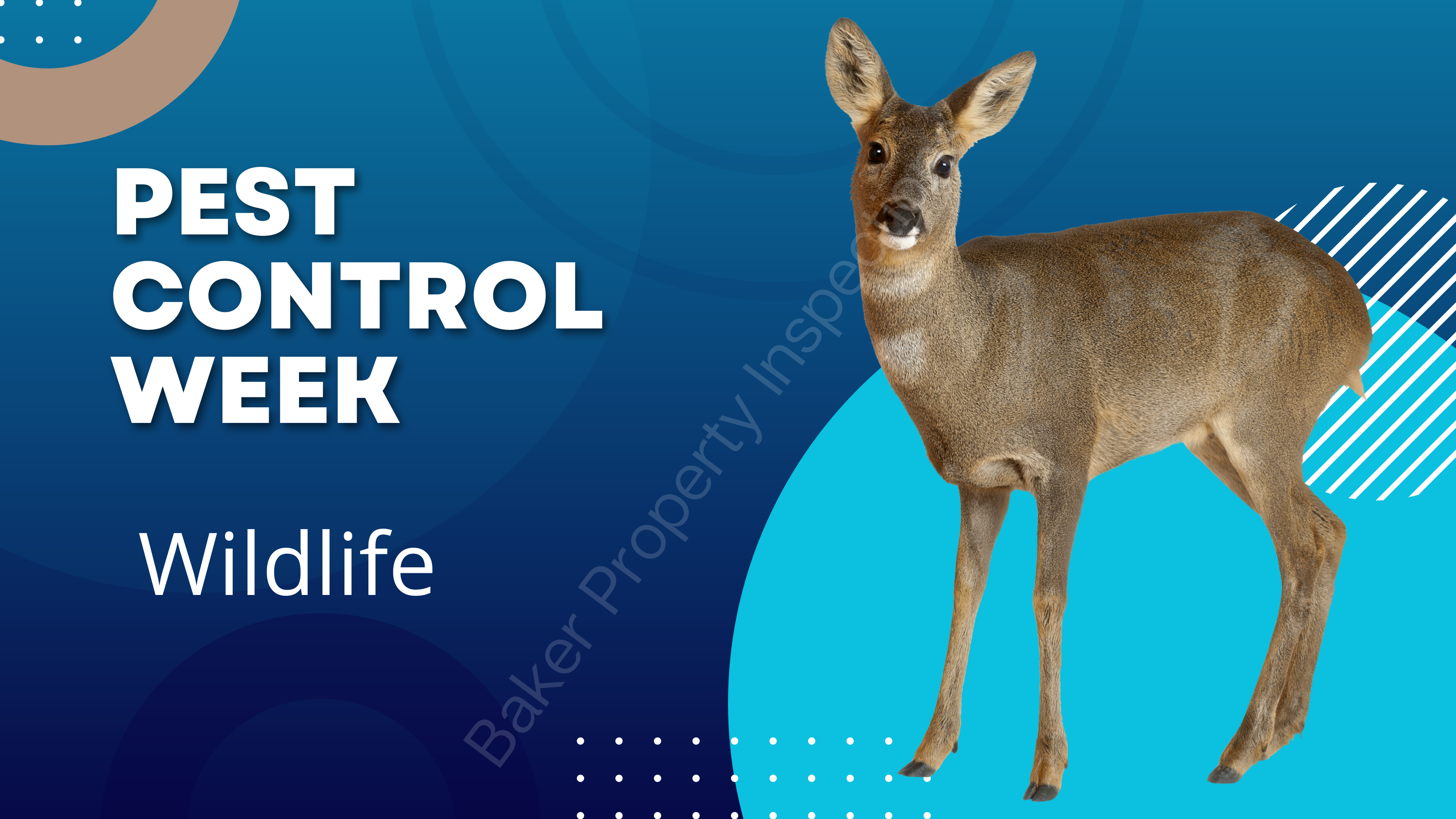Michigan’s diverse wildlife brings a certain charm to our state, enhancing our connection with nature. However, these animals can also pose substantial challenges for homeowners, often damaging properties and landscaping. As a seasoned home inspector, I have frequently come across evidence of wildlife interactions during my inspections. Here are some of the most common wildlife concerns that Michigan homeowners face:
Raccoons: Raccoons, common nuisances in Michigan, can inflict damage to homes and gardens. More concerning, they can carry diseases transmittable to humans and pets. Deterring raccoons often involves eliminating their food sources and access to shelter. Ensure all potential entry points such as crawlspaces and under-deck areas are securely closed. Cover open water sources, secure trash bins, refrain from leaving pet food outdoors, and install bird feeders on thin poles to dissuade these creatures. If you suspect raccoon activity in your attic, I advise contacting a wildlife professional.
Squirrels: Expanding on the information shared in the “Rodents” blog, squirrels warrant additional focus. Like raccoons, they can damage homes by gnawing on wiring, insulation, and other materials. Furthermore, they may carry diseases. Keeping squirrels out of your attic is crucial, and securing all access points, such as chimneys, roofs, and fascia, is a key step. As with raccoons, eliminating food and water resources is essential. If you believe squirrels have taken up residence in your attic, enlist the help of a wildlife professional.
Deterring various wildlife species that might cause problems often involves a trial-and-error process. Commercial chemical deterrents and numerous homemade remedies offer a range of possibilities. The art of wildlife deterrence typically involves creating an uncomfortable environment using scents, lights, and sounds. However, balancing these deterrent methods with personal comfort within your home can be a challenging endeavor!
Skunks: Skunks can create issues for homeowners by digging up lawns and gardens and releasing a foul-smelling liquid when threatened. Some reports suggest that skunks dislike the smell of kitty litter, capsaicin, and castor oil.
Coyotes: In rural areas of Michigan, coyotes can become problematic, preying on pets and livestock. As we build more homes in natural areas, coyotes have fewer places to roam. The most effective deterrence method is to eliminate potential food sources, such as bird feeders, outdoor pet food, fallen fruit, grills, tires, and other vessels holding water. Motion lights and talk radio may also serve as effective deterrents.
Opossums: Opossums can inflict damage to homes and gardens and can also carry diseases like leptospirosis and tuberculosis. Contrary to popular belief, they rarely carry rabies and are typically not aggressive. If you have space to accommodate an opossum, you may find them an agreeable cohabitant. If not, a wildlife professional can assist with trapping and relocation.
Groundhogs: Similar to opossums, groundhogs can cause damage to gardens and landscaping by digging burrows and feeding on plants. If they aren’t causing substantial damage, relocation usually isn’t necessary. However, if they become troublesome, a wildlife professional can trap and relocate these animals.
Deer: Deer can become a nuisance by feeding on plants and trees, and they can bring deer ticks into your yard. Deterrence can be challenging; both natural and store-bought deterrents offer varying success levels. Deer purportedly dislike eggs, blood meal, hot pepper sprays, and garlic.
It’s crucial to note that some wildlife species are protected by law, so check with your local wildlife agency before attempting removal from your property. If you’re experiencing issues with wildlife, it’s advisable to contact a professional wildlife removal service for safe and humane removal.
During a home inspection, a skilled home inspector like myself will look for signs of wildlife interference, which could signal potential damage to the property. In the balance between admiring wildlife and maintaining our homes and yards, it’s often best to let wildlife remain wild. Generally, these animals will avoid humans if not deliberately fed, and unless they enter the home or cause property damage, they typically pose no serious harm. As always, if you’re buying or selling a property, a thorough home inspection is an invaluable step in the process.
Learn more here: https://www.michigan.gov/dnr/managing-resources/wildlife/nuisance-wildlife
Need help? Call Mathew with Southwest Michigan Wildlife Removal out of Paw Paw, MI https://www.southwestmiwildliferemoval.com/
https://www.bakerpropertyinspections.com/blog/
www.bakerpropertyinspections.com
#FriendlyExperiencedThorough

